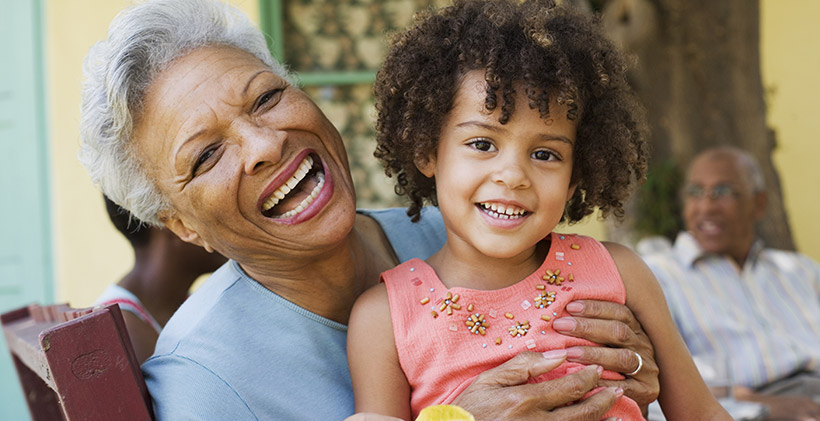As the U.S. population grows older, ageism remains a common form of discrimination. In both subtle and overt forms, unfair treatment confronts older people in the workplace, at the doctor’s office, in the media and online.
Ageism springs from false stereotypes that paint older people as having physical and mental impairments. Such stereotypes also promote the idea that caring for elders is an unfair burden on the young.
What are some of the factors that contribute to ageism, and how can we begin to change perceptions and celebrate growing older?
The Power of Perception
Historically, elders have been treated with reverence and respect. Older people were viewed as valuable sources of wisdom and information who could help guide younger people.
In recent years, TV shows, magazines and movies have turned toward glorifying youth. Popular culture often views older people as fair game for jokes and derision, widening the gap of understanding between the old and the young. In many cases, older people simply aren’t included at all in popular movies and TV programming.
Stereotypes sustain misguided viewpoints on aging, and they fail to provide benefits for anyone.
Ageism Causes Real Harm
Age discrimination constitutes a significant issue in senior care, including medical providers who dismiss health complaints as simply a fact of getting older. In too many cases, mental health issues are ignored among older adults, and ageism can contribute to problems like isolation and depression.
In senior care, the workplace, the home and medical settings, too many people assume that older adults do not understand technology. Too many talk down to older people and give the impression that elders’ opinions don’t matter. As a result, many older adults suffer emotional distress, which can impair vitality and well-being.
Smashing Stereotypes
A new initiative seeks to defeat stereotypes about aging and raise awareness of the many contributions of older adults. The “Old People are Cool” campaign was created in 2017 to spark discussion about ageist attitudes and to encourage more workers to enter the senior care field.
The campaign urges younger people to question their existing attitudes about older adults and recognize industries that lack age diversity, such as fashion. On Facebook, advocates share the many reasons why “old people are cool.”
Elders Have Much to Offer
Wisdom, strength, knowledge, humor, maturity, talent and experience are just a few of the characteristics that grow with age. How can friends, loved ones and care partners of older adults help fight stereotypes and share the message of aging as a positive life event?
We can encourage medical professionals to take health concerns seriously and not dismiss them as natural effects of aging. We can encourage children and teens to spend time with older adults and appreciate all they have to offer. We can resist stereotypes and educate ourselves about aging. We can watch our language when we refer to older people, and we can speak out when we witness disrespectful depictions.
Ageism has taken decades to become so pervasive in our society, and it will not disappear overnight. By raising awareness and refusing to buy into stereotypes, we can start the process of change.

